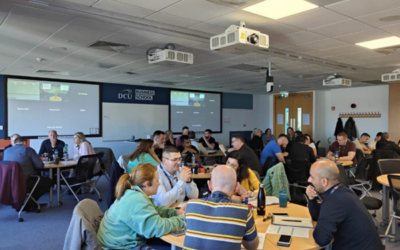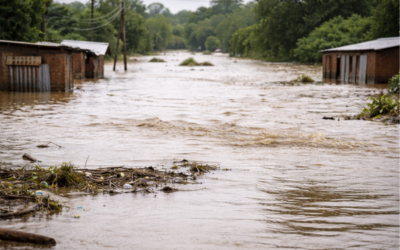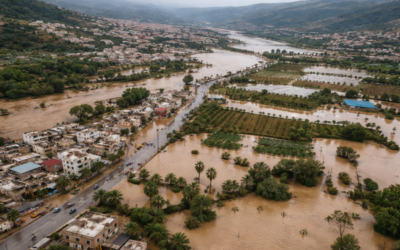The DKKV is…
German Committee for Disaster Reduction e.V. (ger.: Deutsches Komitee Katastrophenvorsorge e.V.)
Newsblog
New Master’s Programme „International Disaster Management and Civil Protection”
Risks and disasters, and their resulting impacts, are becoming increasingly frequent and complex due to a range of developments such as climate change, geopolitical instability, and ongoing urbanisation. As a result, there is a growing demand for well-trained...
Severe flooding in southern Africa – hundreds of thousands affected
In recent weeks, exceptionally heavy and persistent rainfall has flooded large parts of southern Africa. Mozambique and north-eastern South Africa have been particularly hard hit, but Zimbabwe and other countries in the region are also reporting severe damage....
Series of winter storms causes severe flooding in North Africa and Southern Europe
A series of winter storms has caused severe flooding in Morocco, Spain and Portugal in recent days. People have lost their lives in several regions, hundreds of thousands have been forced to leave their homes, and the damage to infrastructure, agriculture and...
Online self-paced course on IPBES and IPCC now available
The EU-funded project RESPIN offers an English-language online self-paced course entitled “IPBES and IPCC: Bridging Science, Policy and Practice.” The course is aimed at participants from science, policy, and practice and can be completed independently. The course...
Follow us




What is disaster risk reduction?
Storms, natural hazards and extreme events can quickly become a danger to people and the environment. But climate change, extreme urbanization, power outages and fires also offer potential hazards.
A disaster occurs when the functioning of a community or society is impaired or interrupted and, as a result, high human, material, economic and ecological losses occur that cannot be managed alone.
Precautionary measures can help to reduce the consequences and impact of the disaster. Depending on the hazard and personal circumstances, the precautionary measures to be taken may vary.
Find out more about potential hazards and individual precautionary measures on our topic pages.






